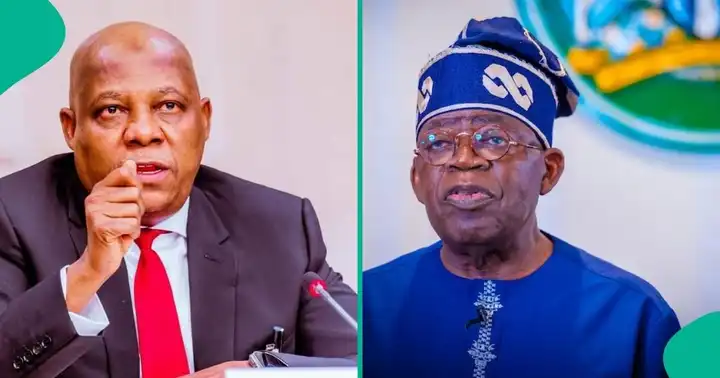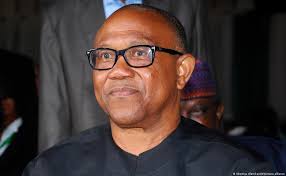
As Vice President Kashim Shettima marks his 59th birthday, President Bola Ahmed Tinubu publicly praised him, affirming that choosing Shettima as his running mate in the 2023 elections was “no mistake.” While Tinubu’s endorsement highlights the crucial role Shettima has played in the administration, it also reignites debates about religion and regional representation in Nigeria’s complex political landscape.
The Religious Dimension
Both President Tinubu and Vice President Shettima are Muslims, and this fact has been a point of contention for many Nigerians. Nigeria, a country almost evenly split between Muslims and Christians, has long grappled with religious and ethnic balancing in its political appointments.
When Tinubu picked Shettima, a former governor of Borno State in the Muslim-majority northeast, as his running mate, critics argued that the choice ignored the informal power-sharing arrangement that often seeks to balance the presidency between the north and south, as well as between Christians and Muslims.
Many Nigerians had hoped that the vice presidency would go to a Christian candidate, particularly from the south, to promote national unity and inclusiveness. The decision to pick Shettima, also from the north and a Muslim, was met with skepticism and disappointment by some.
Tinubu’s Response and Praise
Despite the criticisms, President Tinubu’s recent birthday tribute to Shettima emphasizes his confidence in the vice president’s abilities and the value he brings to the administration. Tinubu highlighted Shettima’s resilience, leadership experience, and commitment to Nigeria’s progress.
“There was no mistake choosing you, Kashim Shettima,” Tinubu declared, underscoring that the decision was made with Nigeria’s best interests in mind.
Shettima’s Track Record
Shettima’s leadership credentials are notable, especially his tenure as governor of Borno State, where he faced one of Nigeria’s toughest security challenges — the Boko Haram insurgency. His efforts to restore relative peace and rebuild infrastructure in a conflict-ravaged region have earned him respect among some Nigerians.
Still, the religious and regional optics of his appointment remain a sensitive issue for many citizens who desire a more representative and inclusive government.
Balancing Leadership and National Unity
Nigeria’s leadership is often tasked with navigating a delicate balance of religion, ethnicity, and regional interests. While Tinubu’s praise affirms Shettima’s value in governance, it also spotlights ongoing national debates about fairness and representation.
For Nigeria to move forward, there needs to be continued dialogue on how to ensure all voices feel included in the corridors of power — whether through political appointments, policies, or national discourse.
President Tinubu’s public commendation of Vice President Shettima at his 59th birthday highlights the trust and importance placed on his deputy. However, the religious dimension of their partnership remains a thorny issue for many Nigerians.
As the nation watches this administration unfold, the hope is that governance will transcend religious divides and work toward unity, inclusiveness, and shared progress for all Nigerians.




